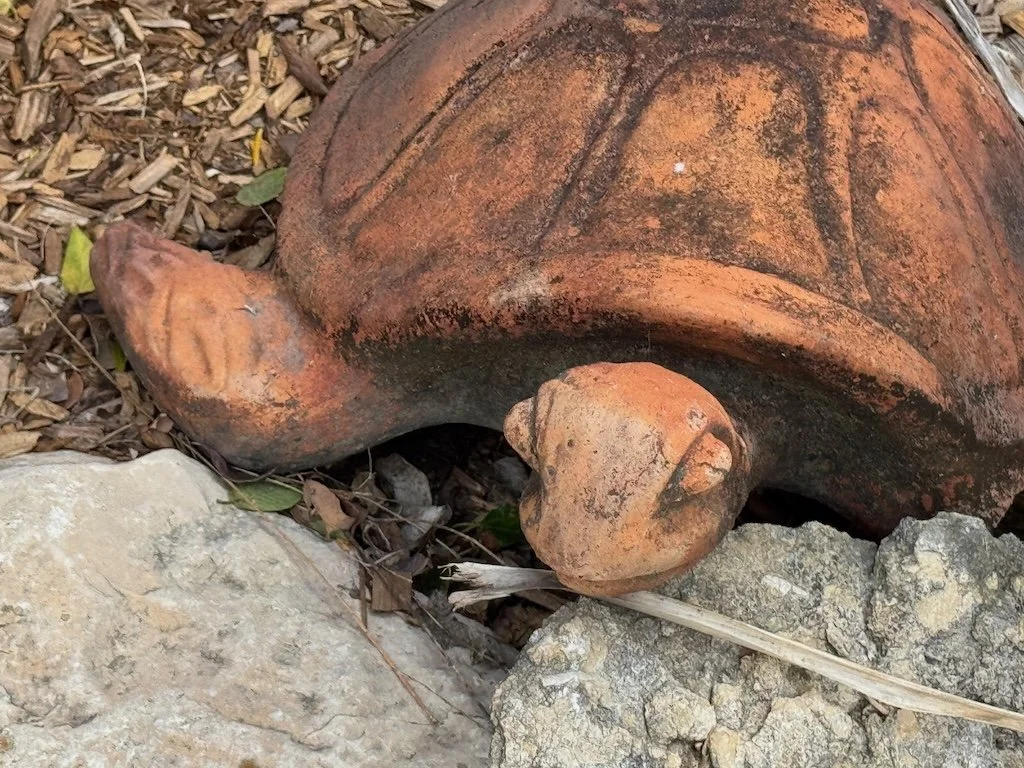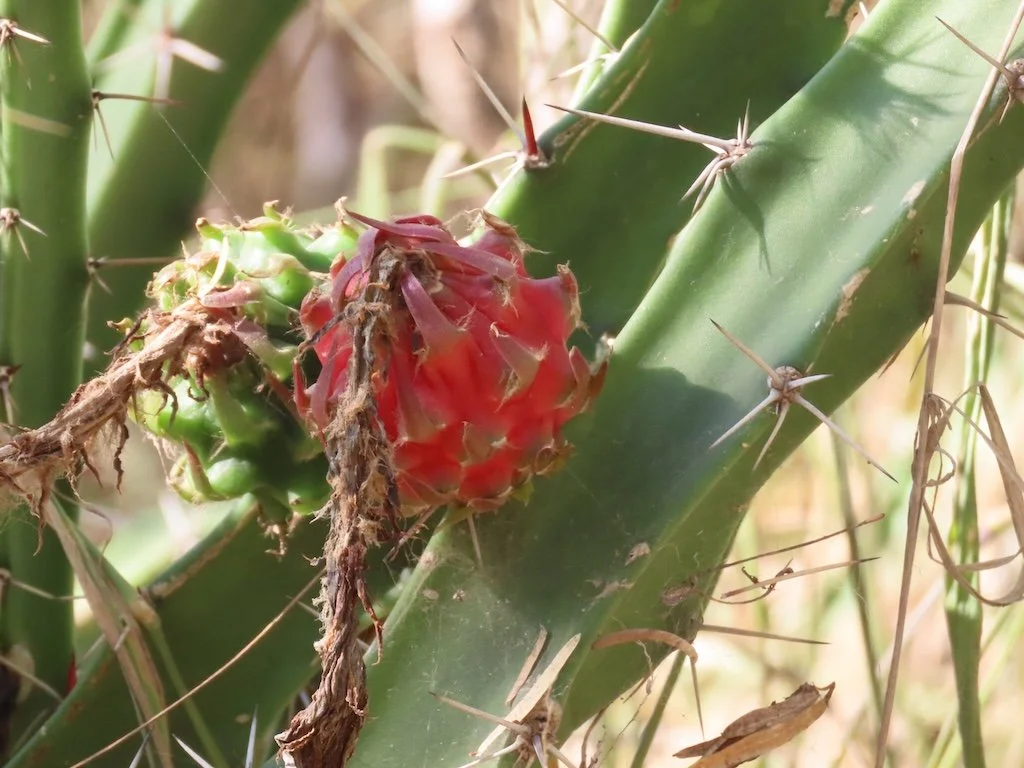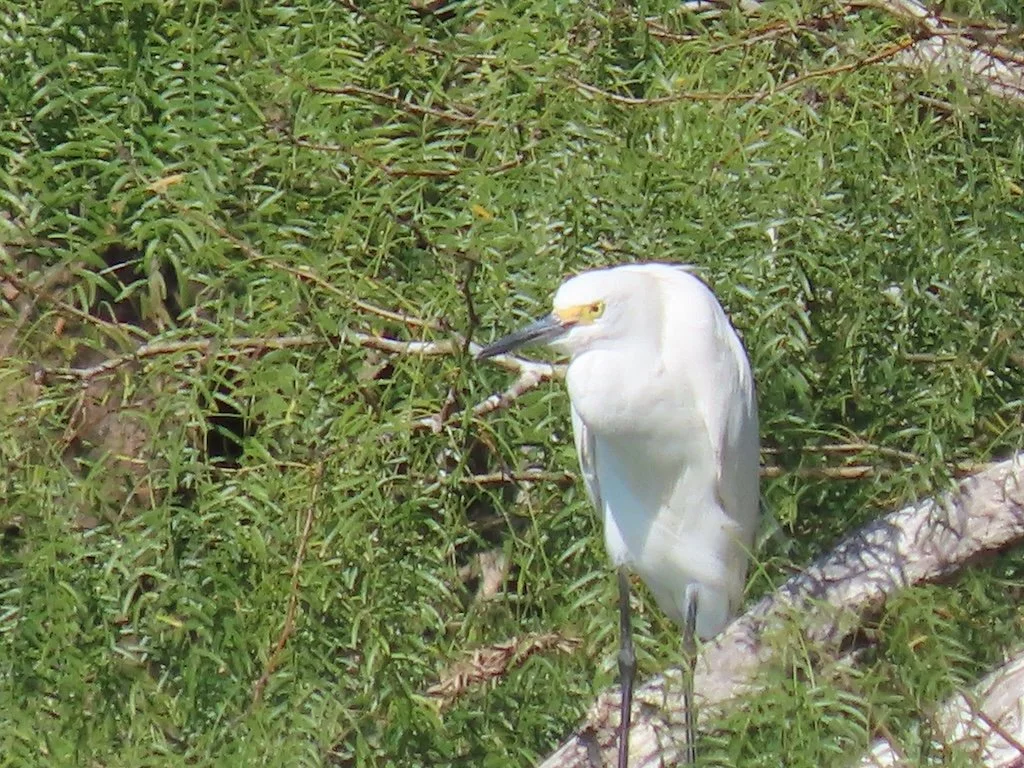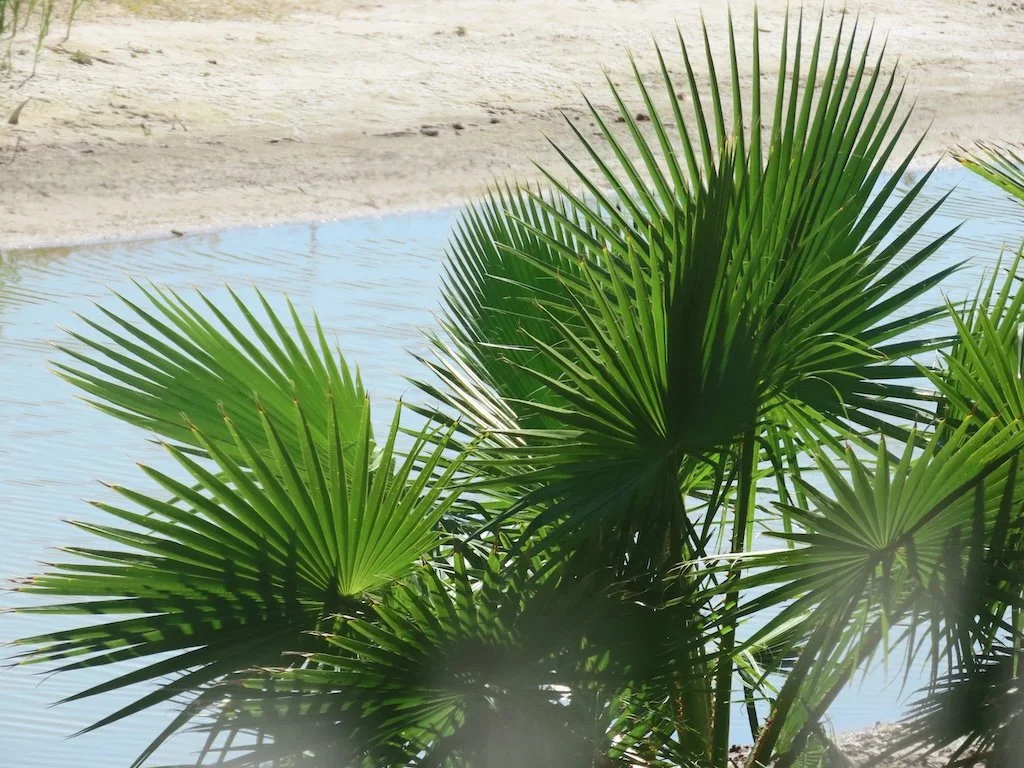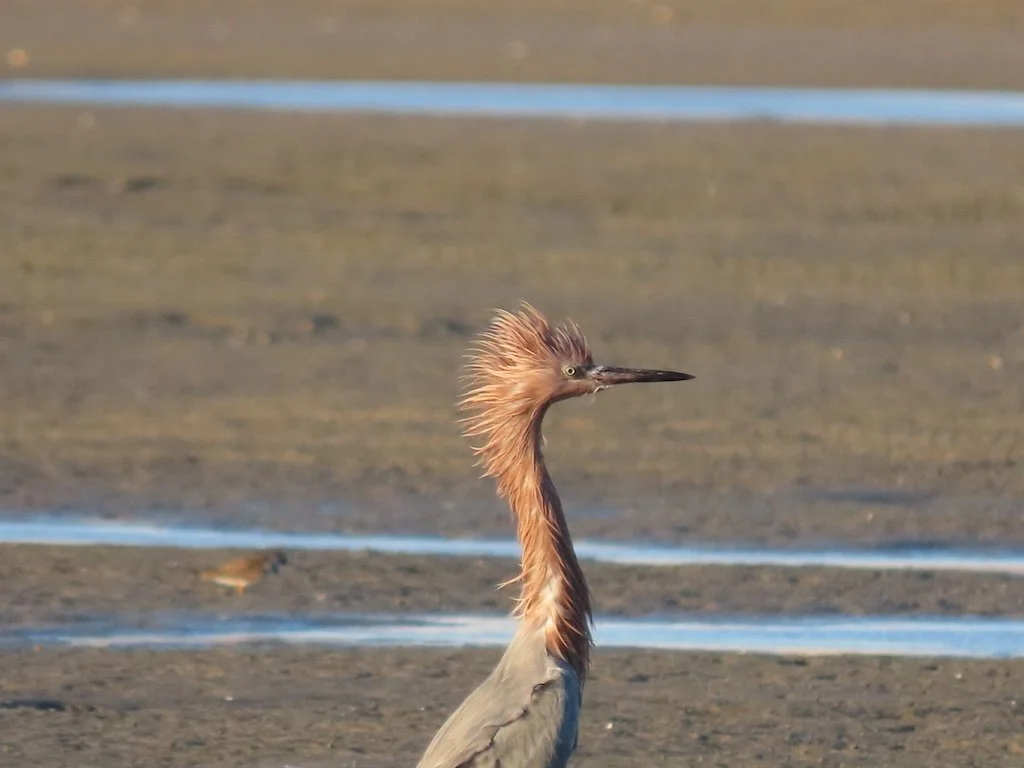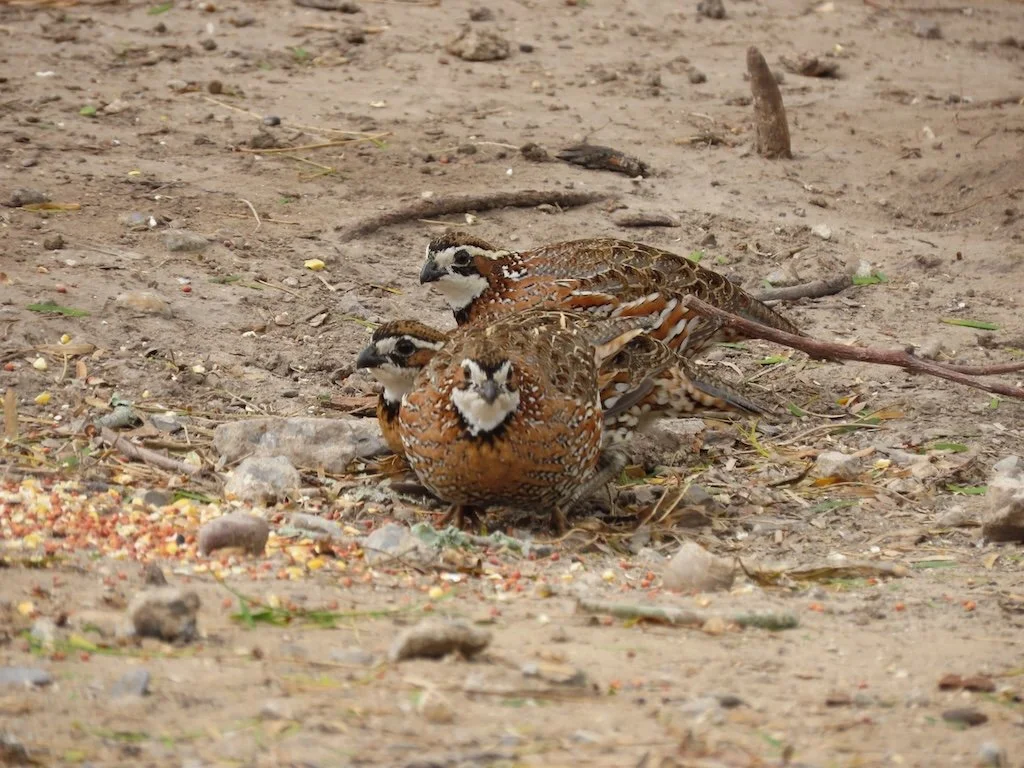Gleanings of the Week Ending May 17, 2025
/The items below were ‘the cream’ of the articles and websites I found this past week. Click on the light green text to look at the article.
Frank Lloyd Wright’s Iconic Hollyhock House Faces Closure Amid City Cuts – Budgets tightening across the board. It seems that cultural things previously funded by governments are among the first to go.
The surprising power of breathing through your nose – The nose can be the first line of defense for your immune system. Mouth breathing has been shown to increase acidity and dryness in the mouth, linking it to cavities, demineralization of the teeth and gum disease. You can think of the nose like a wind chime for the mind; when air moves through your nose, it seems to have a significant influence on your cognitive processes. Nasal breathing has positive effects on the limbic system – the parts of the brain that regulate emotion and behavior – in ways that mouth breathing doesn't.
Spring (Baby) Fever – A baby animals quiz….with cute pictures.
Dust in the system -- How Saharan storms threaten Europe's solar power future - New research reveals how Saharan dust impacts solar energy generation in Europe. Dust from North Africa reduces photovoltaic (PV) power output by scattering sunlight, absorbing irradiance, and promoting cloud formation. Based on field data from 46 dust events between 2019 and 2023, the study highlights the difficulty of predicting PV performance during these events.
In Galápagos, Iconic Giant Tortoises Get a Helping Hand - Fifteen species of giant tortoises — the largest in the world — once roamed the Galapagos Islands but today only 11 survive. Dome-shelled tortoises reach sexual maturity at 20 to 25 and lay 16 to 20 eggs at a time. When the park was established in 1959, some of the tortoise species were heading towards extinction while others were deemed vulnerable or threatened. But a captive breeding program launched in 1965 has shown great success and has released more than 10,000 giant tortoises back into the wild.
Walmart Announces Nationwide EV Charging Network - According to a press release from the company, “With a store or club located within 10 miles of approximately 90% of Americans, we are uniquely positioned to deliver a convenient charging option that will help make EV ownership possible whether people live in rural, suburban or urban areas.”
Shingles vaccine lowers the risk of heart disease for up to eight years - There are several reasons why the shingles vaccine may help reduce heart disease. A shingles infection can cause blood vessel damage, inflammation and clot formation that can lead to heart disease. By preventing shingles, vaccination may lower these risks. Our study found stronger benefits in younger people, probably due to a better immune response, and in men, possibly due to differences in vaccine effectiveness. The study was done in South Korea.
Hikers Make Stunning Discovery of $340,000 Gold Hoard in Czech Mountains - Most of the coins are French with the overall hoard broadly dated from 1808 to 1915. There is, however, a notable exception: the Austro-Hungarian coins. Small markings on the coins, known as countermarkings, indicate that they were reissued in 1921 in an area of Yugoslavia most likely encompassing modern-day Serbia and Bosnia and Herzegovina. The hoard remains under investigation and archaeologists hope that with the aid of archival records they will be able to work out the full story behind the treasure.
All of the biggest U.S. cities are sinking - The fastest-sinking city is Houston, with more than 40% of its area subsiding more than 5 millimeters (about 1/5 inch) per year, and 12% sinking at twice that rate. Some localized spots are going down as much as 5 centimeters (2 inches) per year. Two other Texas cities, Fort Worth and Dallas, are not far behind. Some localized fast-sinking zones in other places include areas around New York's LaGuardia Airport, and parts of Las Vegas, Washington, D.C. and San Francisco. Massive ongoing groundwater extraction is the most common cause of these land movements. In Texas, the problem is exacerbated by pumping of oil and gas. Droughts will also likely worsen subsidence in the future. Some buildings in the Miami area are sinking in part due to disruptions in the subsurface caused by construction of newer buildings nearby.
How Herbicide Drift from Farms Is Harming Trees in Midwest - There’s growing evidence that agricultural herbicides — which are also used on golf courses, lawns, and rights of way — are inflicting widespread damage on trees and other vegetation across the Midwest and upper South and perhaps doing broader ecological harm as well. The problem is causing increasing concern and even alarm among landowners, state forestry officials, and scientists. In 48 percent of the cases, researchers found damage more than 1,000 feet from the nearest farm field; six samples showed herbicide damage at more than a mile.





